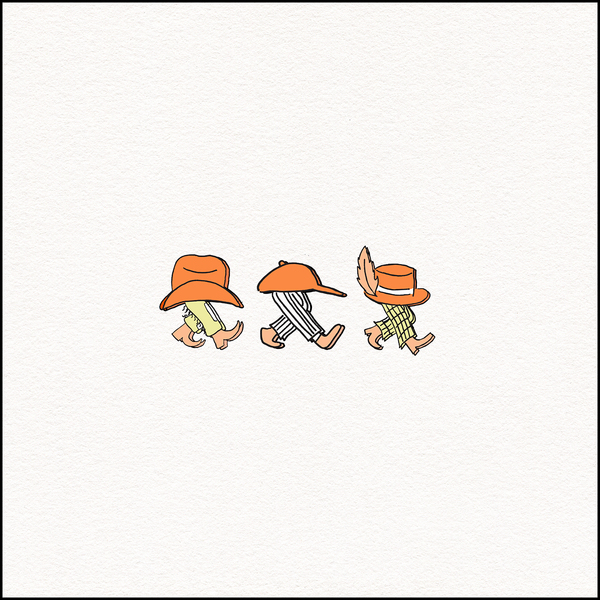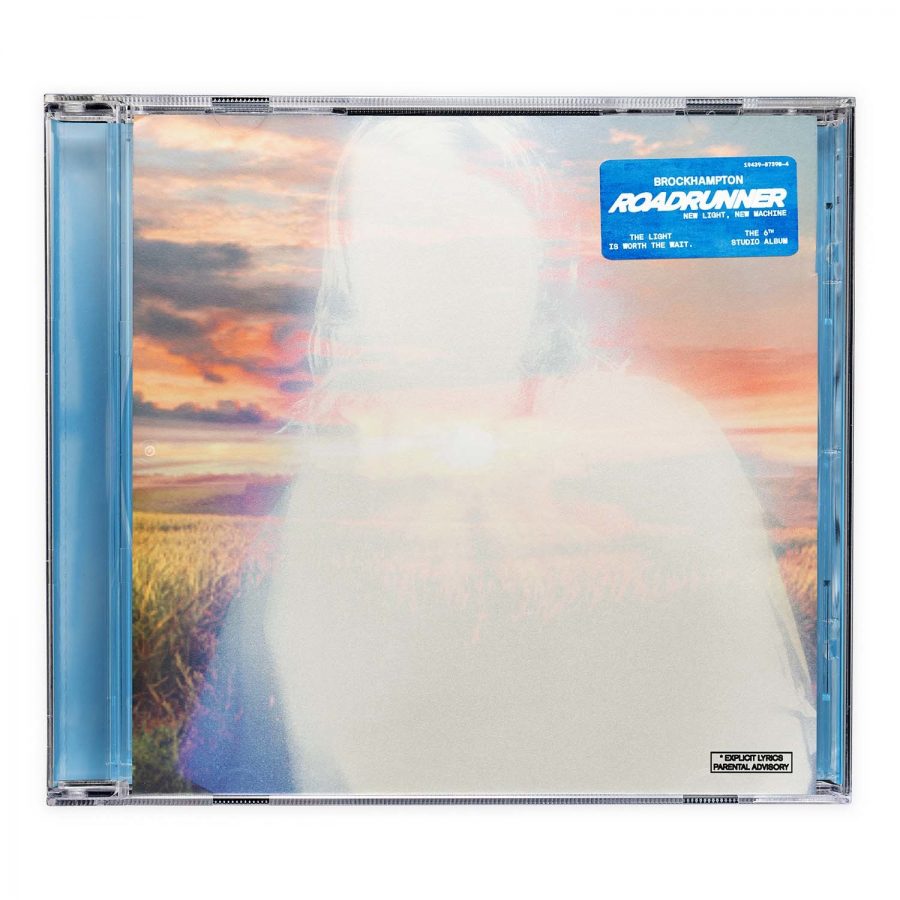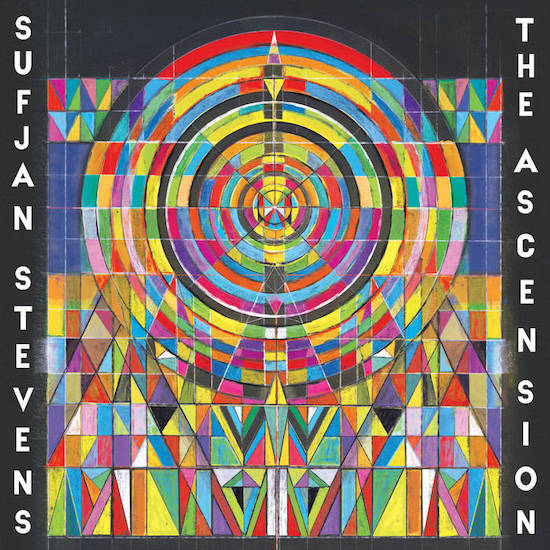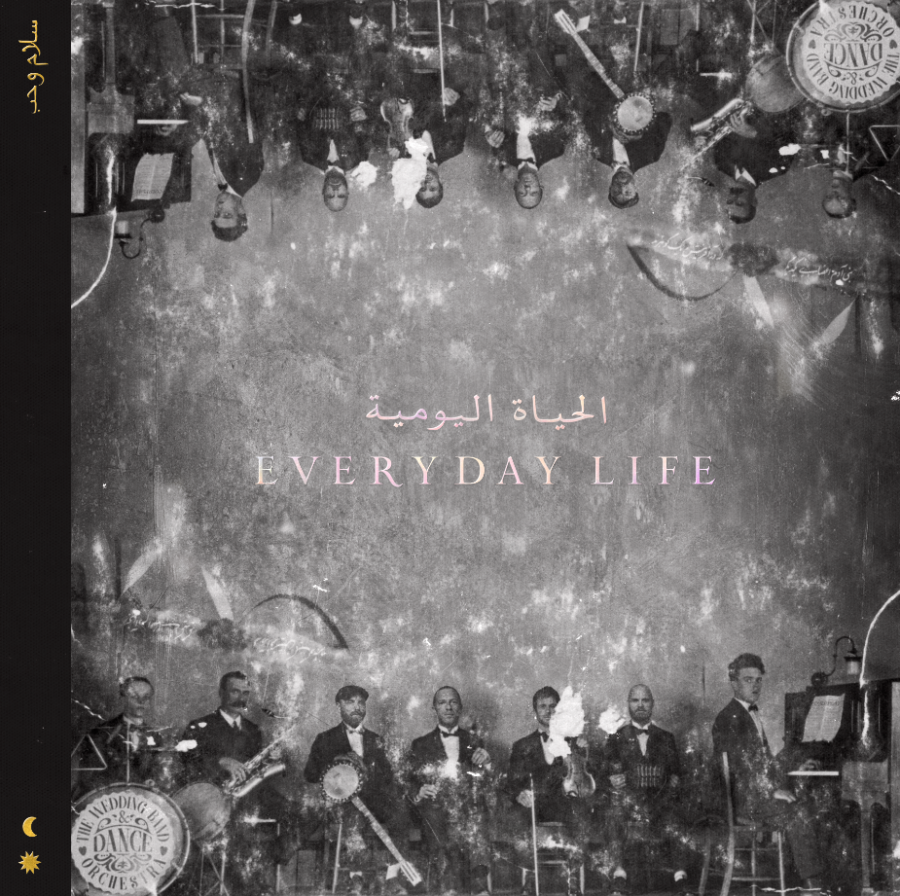As Bambu tells it, he became politicized while on tour, not as an artist, but deployed as a soldier in Okinawa, Japan. As a Filipino, he was taken aback when he heard about Filipino sex workers servicing American soldiers and local Okinawans protesting about the violence that Americans commit there. After leaving the military, he became a disciplined musical artist, community organizer and political militant. His work and his life growing up in the Watts neighborhood of Los Angeles have informed several of his records and tours.
His new album, “Party Worker,” builds on much the same basis. What distinguishes the album is its production process, during which Bambu consulted with local workers, retirees and Kickstarter backers to shape the album’s major themes. The album is therefore heavily grounded in a particular community, and this specificity, in both its varied West Coast style and its storytelling, is what makes it an exceptional work.
As the title suggests, “Party Worker” weaves together recordings of political meetings with the music. These brief interludes make the well-worn tradition of rap skits less superfluous, replacing corny humor with a wearied but determined tone. Bambu has an established range, which the album keeps to with a couple of exceptions. For instance, there is an acoustic song (“Croptender Break”), a spoken-word piece (“Bread”) and another track, “Working Klass Klassy,” where Bambu stays silent. It’s only after these other artists finish that Bambu steps up to the mic and comments, reinforcing the sense of political solidarity. “Labor of Girl” likewise trades the stage to Rocky Rivera, who speaks to women’s unique struggles.
Songs like “Welcome to the Party,” meanwhile, showcase Bambu’s rapid-fire rapping skills. Featuring a Filipino percussion instrument called the kulintang, it welcomes the listener to the album with an explosive start. Its chorus is a recitation of “power to the people,” and deals out some overt anti-police and anti-capitalist lyrics. “Comrade” has a more conventional soul beat and focuses on the emotional and military bonds that develop between revolutionaries. While political militancy is an important theme, the album is never idealistic. Fiery rhetoric is always offset with a recognition that survival is just as important for liberation as ideological correctness. “A Sunrise Before” alternates communal chanting of “power to the workers” with verses about paying rent and holding down a job. An even more dramatic example of this is “Monster,” the final track. In this dour song, Bambu speaks to his first-grade son, becoming more and more agitated until his son asks him to “come back, you’re tripping again.”
Subtlety hardly factors into polemical songs like this, but I’m not prepared to criticize this. When the subjects you write about are stark realities, matters of life and death, only lucid language can account for them. These stories and clarion calls are unabashedly partisan and combative, which works well in the hip hop genre. A clumsy polemic can be just as painful as an awkward love song, so it’s good that the music on “Party Worker” more than rises to the challenge. There are no dramatic formal innovations, nor is there much difference between DJ Phatrick’s approach to production here as compared to earlier works. Nonetheless, the lack of formalism is a virtue, the result of an artist being focused on the concrete details, the dust and grime, rather than the delivery mechanism. The record is an invigorating release from one of the most consistently excellent voices in West Coast hip hop.











